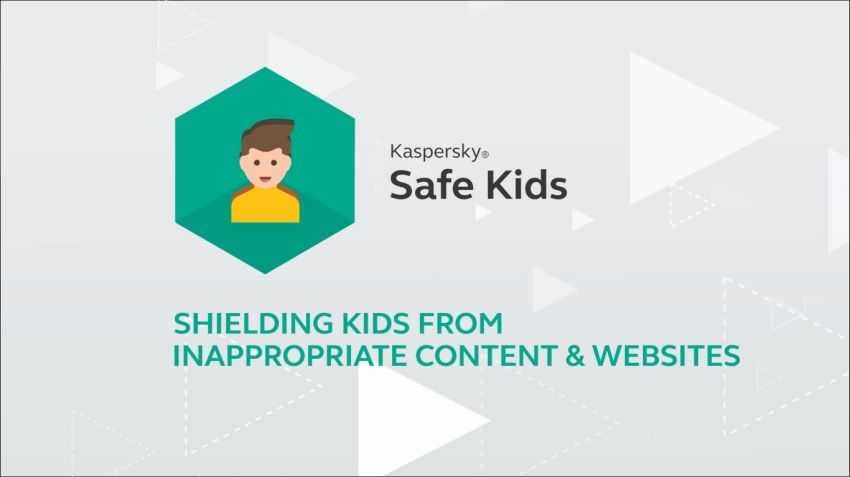Kaspersky Safe Kids: Kaspersky Lab completes its solutions to protect children from digital threats with new features for iOS and Android platforms. Now, kids can remotely request access from their parents for a banned by clicking here or app at the touch of a button, while parents get useful tips when Kaspersky Safe Kids detects strange cases.
Οι γονείς μπορούν να δουν αυτές τις συμβουλές ως σχόλιο στις ρυθμίσεις του Kaspersky Safe Kids, καθώς και σε έκθεση σχετικά με τη δραστηριότητα του παιδιού τους στο Διαnetwork στο portal «My Kaspersky».
Tips can also be displayed as part of an emergency alert on the parent's mobile device, for example if the child is trying to access a website from a category that parental access is not allowed (eg a web page with inappropriate content or using vulgar expressions).
According to research results from Kaspersky Lab and B2B International, one in three parents feels they can not control what their child is doing and what their child does on the internet. Even using parental control tools, adults often do not know how to react to specific online behaviors of their children. For example, should they seize a gadget if they see their child trying to gain access to gaming sites? Or, how strict should they talk to their child if the system registers interest in accessing websites with adult-only content?
For this, in its new version Kaspersky Safe Kids Advice from psychologists has been incorporated, which allows parents not only to adequately assess their child's degree of risk, but also to reconsider their approach to online safety. Parents have the opportunity to receive advice on inappropriate websites and applications when new suspicious contacts appear, when they are made online markets, on the excessive use of the Internet, as well as in a number of other situations.
Whatever product we create, we always try to be user friendly and as "intuitive" as possible. When it comes to parental peace of mind and child protection, this is more relevant than ever. We want our online child protection solution to provide more than just technical assistance. It should also be a "helper" for parents. Kaspersky Safe Kids is more than just monitoring children's internet activity - we want to help parents gain a better understanding of why their children behave the way they do and why they are interested in specific content. We believe that the advice of psychologists did not just add a human touch to the program, but took protection to a whole new level ", comments Andrei Mochola, Head of Consumer Business of Kaspersky Lab.
Another feature of the product in the version for Android software allows children to request access to prohibited websites or applications. If the parent has configured Kaspersky Safe Kids to prevent the child from using certain websites or applications, then a window appears refusalof access every time the child tries to open one of them. Now, the child can send a request for access directly from this window. If the parent deems it necessary, they can agree to the request with the push of a button. For iPhones and iPads this function only works for websites.
The updated Kaspersky Safe Kids is now available at www.kaspersky.com/safe-kids. New features will also be available for devices Windows and Mac in 2017.
In addition to the features described above, the solution helps parents to be informed about what their child is doing online, how much time goes online, which websites they visit, what games they play, who they communicate with on their social networking sites and who they go .





